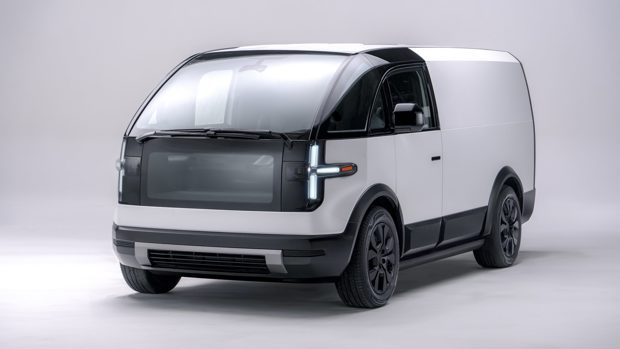Up a creek without a paddle: Canoo files for bankruptcy

Canoo, the US-based electric van company that was one of the main draws of the 2024 Commercial Vehicle Show, has announced that it is filing for bankruptcy and ceasing operations with immediate effect.
The news comes soon after the enterprise had established a UK operations centre in Bicester from where it was planning a major UK launch in 2025.
Canoo was formed in California in 2017 and was developing breakthrough electric vehicles to shake-up the LCV landscape with 'bold innovations in design, pioneering technologies and a unique business model that defies traditional ownership to put customers first'.
The intended line-up included the Canoo Lifestyle Delivery Vehicle (LDV) electric van, which had been procured for contract work by NASA, Walmart and US Mail across the Atlantic. A pick-up truck variant was also previewed at the NEC and the company had recently begun UK trials with Royal Mail.
Tony Aquila, Canoo's chairman and CEO, said: 'We would like to thank the company’s employees for their dedication and hard work. We know that you believed in our company as we did. We are truly disappointed that things turned out as they did.'

